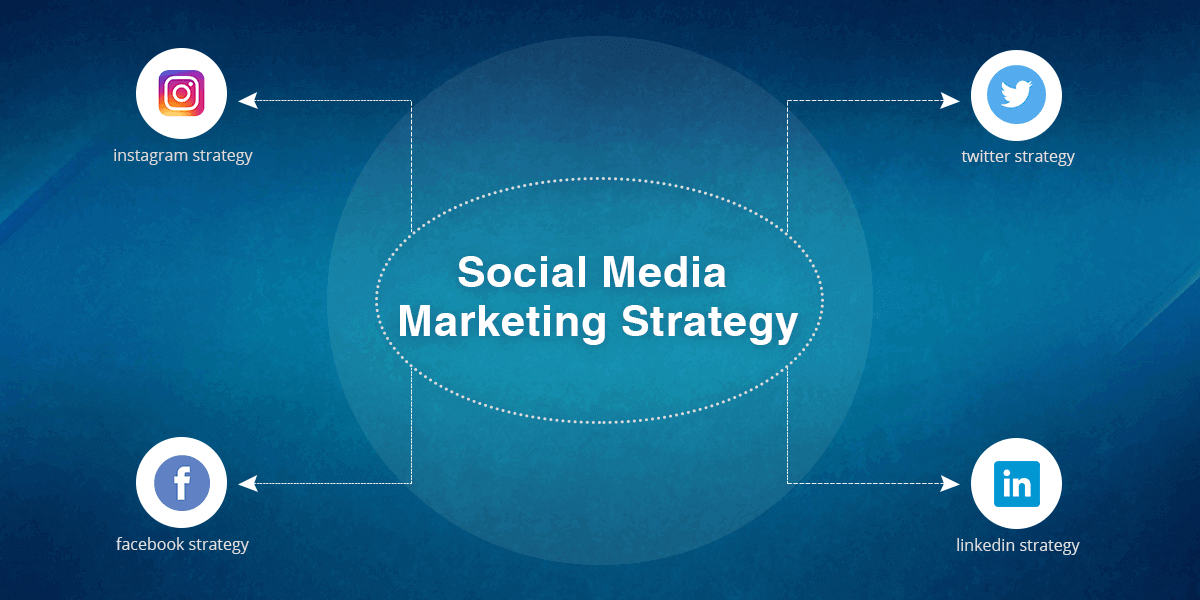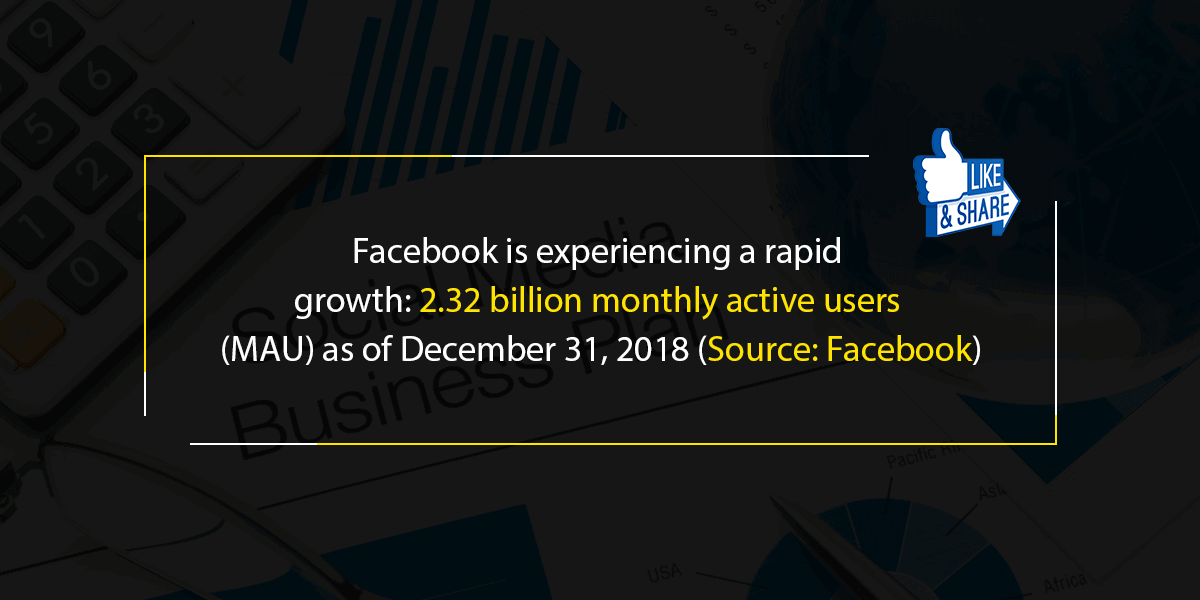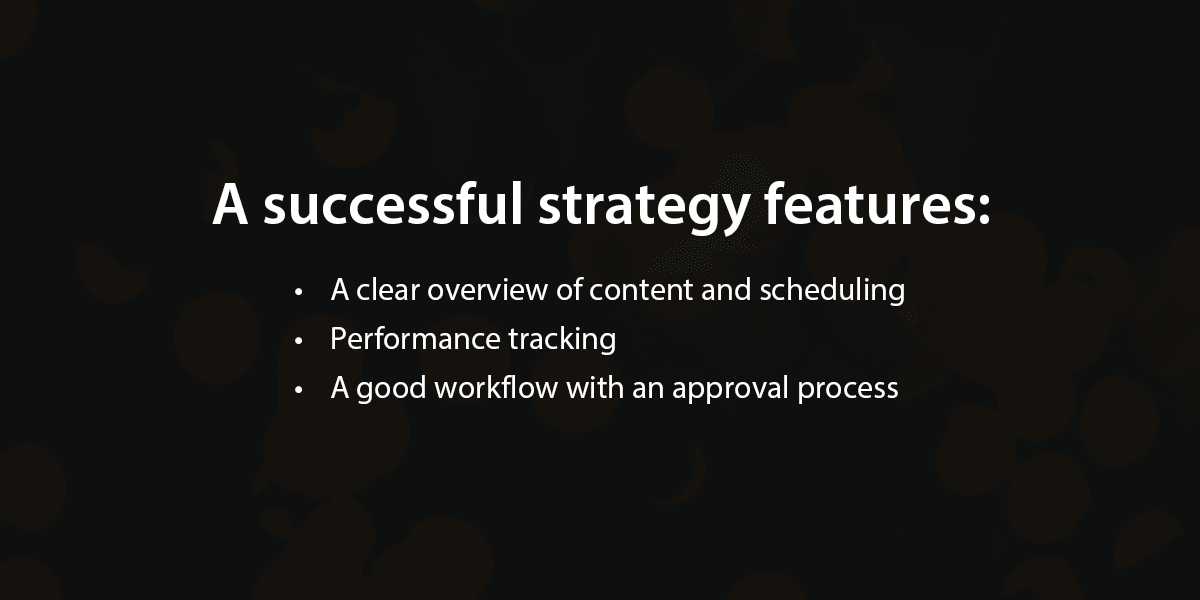Common Challenges Businesses Face With Social Media
Question: What would life be like today without social media? Can’t imagine? Neither can we. Social media is an integral part of our day-to-day lives, creating a tremendous impact on us in recent years. Platforms such as Facebook, Instagram, Twitter, and LinkedIn have transformed the way people do business and communicate with their customers. Today, we’ll focus on some of the most commonly faced challenges encountered in this arena by small or start-up businesses.

Developing the correct social media strategy
Creating a social media strategy can be an exhausting and time consuming process, as it is the overview of everything you plan to do while promoting your brand through various social networks.
One of the simplest ways to create a strong social media strategy is to consider the 5W’s:
- Why do you want to be on social media?
- Who is your audience?
- What are you sharing?
- Where are you going to share?
- When will you share?
The more specific you are in listing your objectives, the more effective you will be in achieving them. However, the objectives you create must always be aligned with your overall strategy and business goals.
If you have already established yourself as a brand on social media, then you can also opt for an in-depth social media audit. The audit will help you assess your current social media usage: what is useful and working, what is not working, and what needs retooling. You also need to repeat your audit process at regular intervals to keep track of your performance.
Constantly decreasing organic traffic

Social media produces a vast amount of content, so it is almost impossible for a brand to stay visible and keep everyone engaged. Beyond sheer volume of competing posts, businesses also may have trouble keeping up with constantly changing content algorithms. As users adapt to the new algorithm updates, platforms ensure that irrelevant content stays out of user’s feeds making digital marketing increasingly difficult.
These challenges are hard to overcome. Consequently, over the past few years. business has experienced a significant drop in organic reach. Long gone are the days when people used to widely love the posts of their favorite brands. Today, brands are typically only able to reach 2-3% of their total audience through social media (Facebook).
Calculating social media ROI
Social media return on investment (ROI) is a percentage denoting what your business gets back in revenue in return for the money, time and resources you have invested in social media marketing. (See the below formula for how it is calculated.) Social ROI will be determined by your approach toward your goals (such as your content strategy). One must note that social media is quite different from conventional forms of online marketing.
To calculate this figure, you need to have a very clear picture of your defined goals. This is what makes your social media strategy so important. With your strategic goals in place and the appropriate tools, social media can be easy. All you need to do is keep track of your goals and adjust tactics, looking at the money spent against the actual results.

Creating an effective cross-channel strategy
With the evolution of newer media, brands have started adopting and using multiple platforms to reach out to and engage their target audience. As soon as the brands started pouring out their content through these channels, customers started losing their interest and becoming dissatisfied. They expected a similar service through each of these channels, but what they received in return was far from what they expected – inconsistency. The confusion resulting from these platform differences gave birth to cross-channel marketing (the zenith of which is omnichannel marketing), where the focus was on integrating multiple channels to create cohesion and lead to better outcomes ecosystem-wide.
Translating your content across many channels and making it work within each of them is a great skill for a social media marketer. Multichannel strategies are somewhat challenging, as each channel has its own unique format and expectations that determine how your content should be tweaked. Additionally, your specific audience members have their own set of preferences and will surely consult different channels on the way to becoming loyal to your brand.

Time management
Due to lack of clarity in deliverables, social media marketers often have to explain that they are not just browsing Facebook for fun. However, social media is filled with distractions, so procrastination can occur, making effective social media campaign creation difficult to plan. A strong marketing team stays focused.
No matter how sharply you train yourself on social media, there’s always room for growth. The entire plan of the week should be organized based on what can be shared and which segments require the greatest attention. This method has always been the cleanest way to proceed.
Mapping out a clear and distinct content calendar gives everyone centralized access, fostering collaboration while also allowing independent work within a set framework. Without centralization, you find yourself answering questions that are less productive and sometimes irrelevant.
Conclusion
For every social challenge there is a solution. Some of the challenges mentioned above are relatively simple and can be resolved through basic learning and practice. Other, more complex challenges require expert digital and social media marketing solutions which is how a digital marketing agency comes into the picture. A skilled and reputable social media marketing agency gives you real and profound insights to direct growth through these key platforms. For an initial analysis, email contact@epikso.com or book an appointment today.












